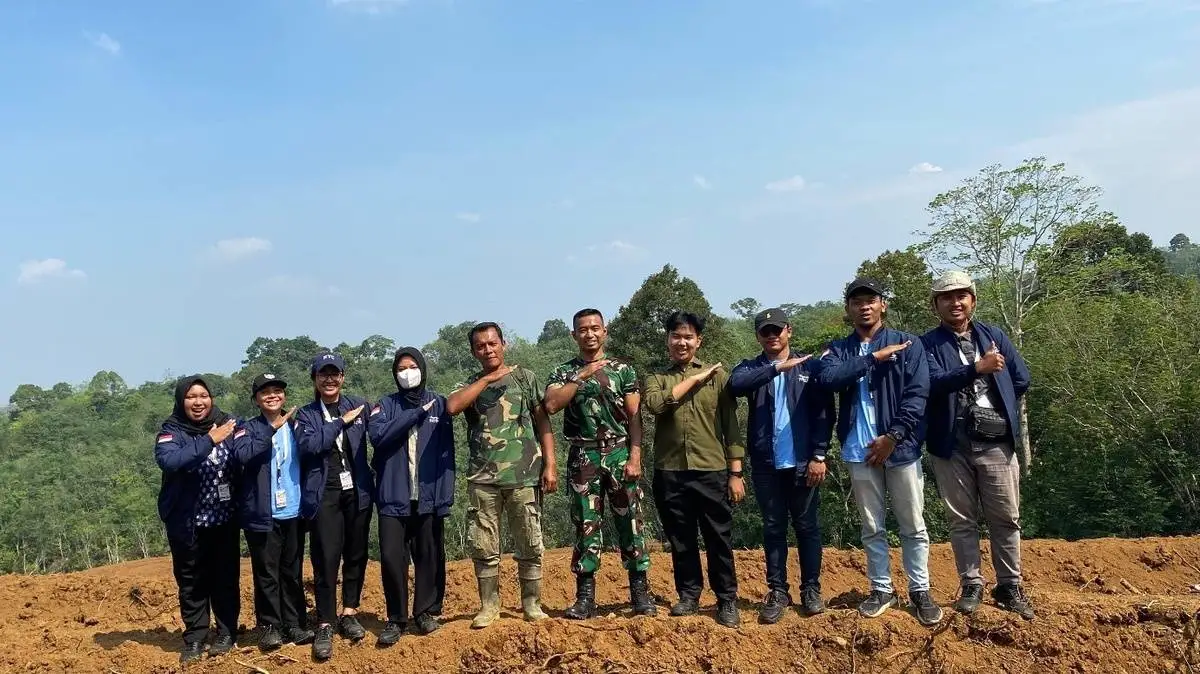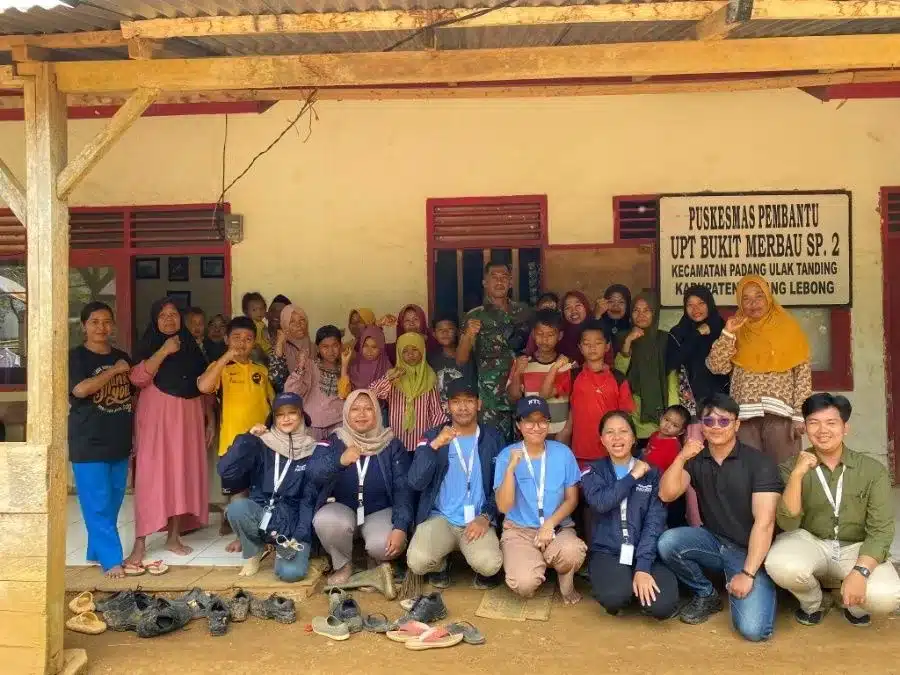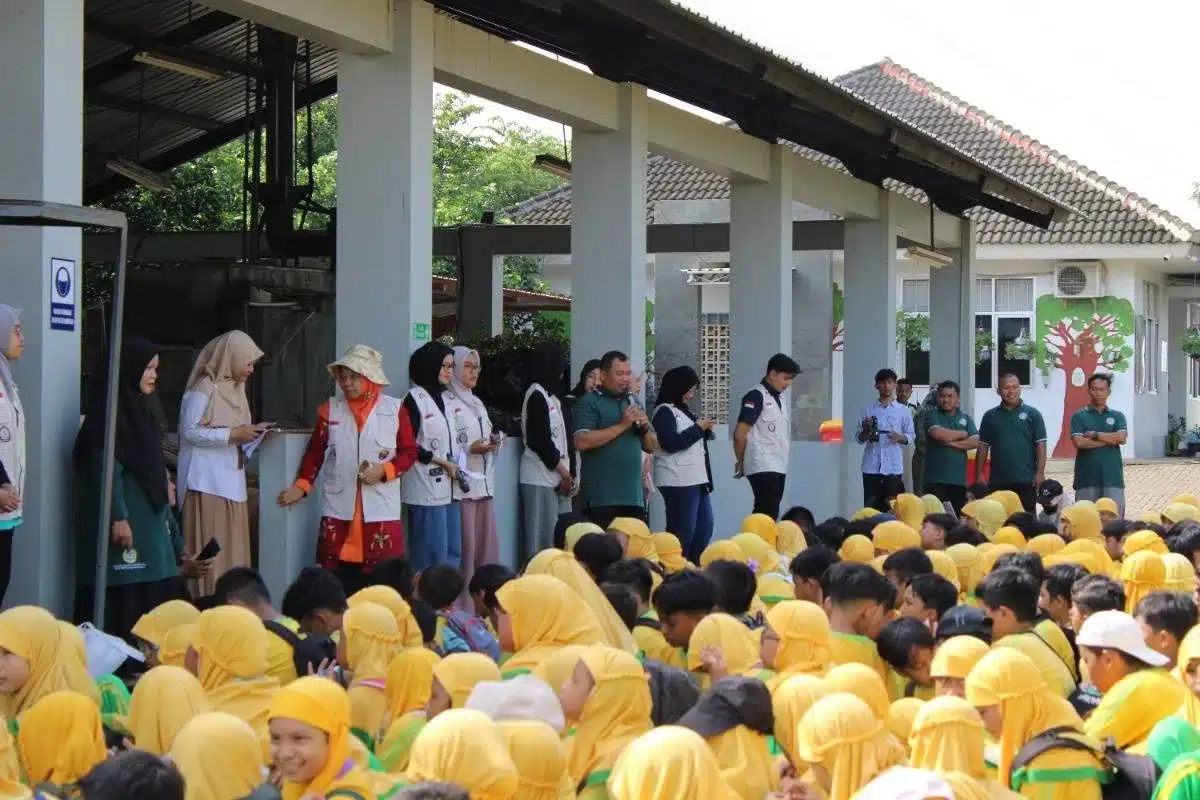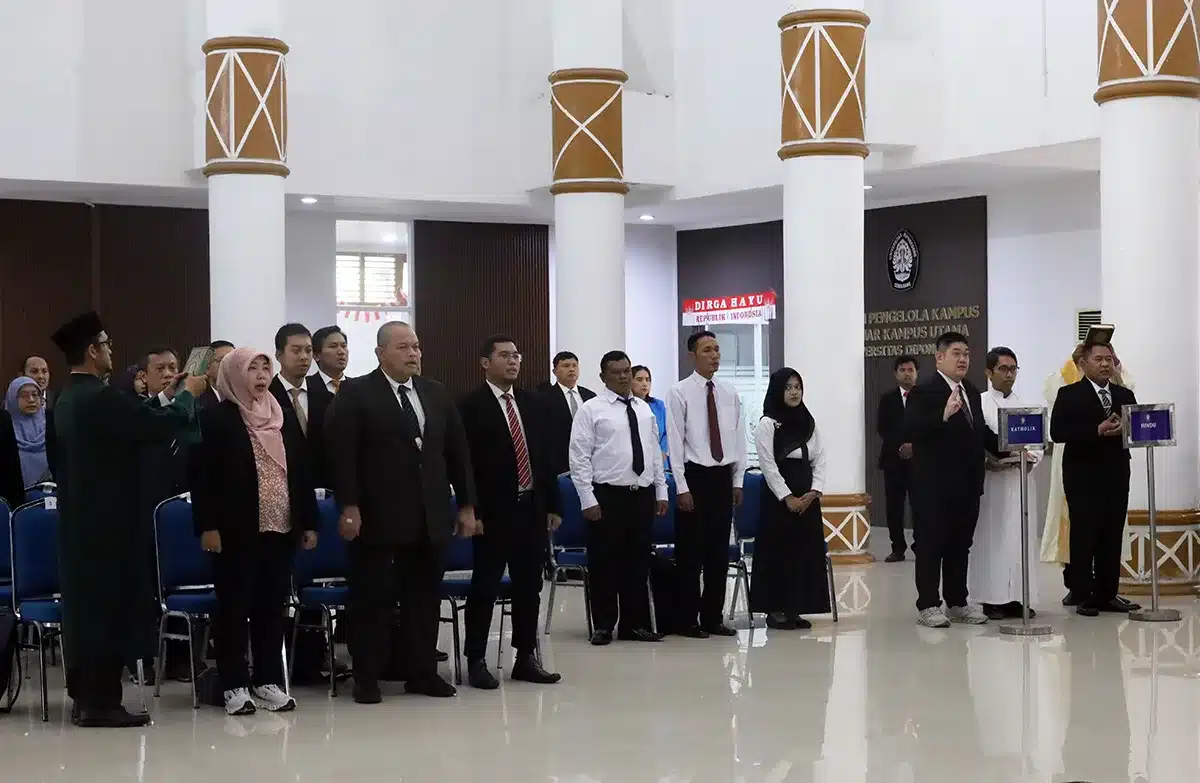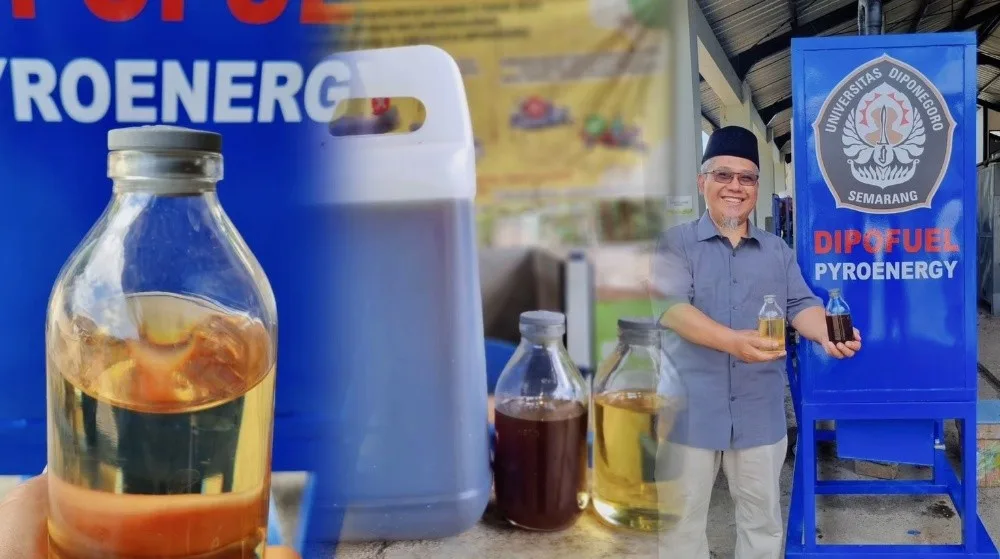The government is very serious in realizing its Net-Zero Emission commitment by 2060 and currently the Government is compiling a roadmap to realize Net-Zero Emission in order to face various challenges and risks of climate change in the future.
Energy is one of the sectors that is focused on achieving the Net-Zero Emission program. Various countries have issued various new regulations in terms of providing electrical energy that are adapted to the Net-Zero Emission program, including Indonesia.
In order to realize Indonesia Net-Zero Emission, the Faculty of Engineering (FT) of Diponegoro University (Undip) in collaboration with PT. Toyota Motor Manufacturing Indonesia (TMMIN) held a national seminar with the theme “100 Years of Indonesia Automotive Industry: Realizing Indonesia Net-Zero Emission” on Wednesday (25/05) at Prof. Soedarto Building, Undip Tembalang campus.
The national seminar which was supported by the Ministry of Industry and the Ministry of Environment & Forestry was also attended by the Vice Rector IV for Research and Innovation, the Secretary of the Board of Trustees, the Dean of FT Undip, Deans of Faculties and Schools in Undip, the President Director of PT. Toyota Motor Manufacturing Indonesia (TMMIN) and its staff, and students participating in the national seminar.
The national seminar was opened by the Vice Rector IV for Research and Innovation, Prof. Dr. Ir. Ambariyanto, M.Sc. In his remarks, he revealed that environmental issues have become a major concern in Undip policy making. In addition, Undip has included these issues in the teaching and learning process and research & service activities, so that they can be educational for students and the community.
“Our SDGs team has calculated that all the courses at Undip related to the SDGs are above 2500 courses, so it is very large related to these 17 SDGs goals. Research also related to the SDGs is already above 50%. So we calculate the funds and the number of types of research conducted at Undip that are directly related to the SDGs are above 50%,” explained Prof. Ambariyanto.
“We have started using Solar Cells, then we have managed waste at the TPST, conducted an energy audit, then we have prepared facilities for the disabled as well as the supporting Rector’s regulations. In addition, with regard to environmental rankings, the UI GreenMetric University Ranking, Undip is in the 2nd position in Indonesia and 30th in the world. That is extraordinary because there are 6 parts that are assessed, namely infrastructure, waste management, water management, transportation, education, and energy,” he continued.
Prof. Ambar added that the commitment regarding Net-Zero Emission is indeed quite challenging. This commitment is of course not only the responsibility of the government, but also needs to involve all components of the nation. Support and efforts from all parties are needed, including from the industrial world and from universities.
He considered Undip’s cooperation with PT. Toyota Motor Manufacturing Indonesia (TMMIN) is a strategic step to strengthen the commitment of Net-Zero Emission. “The collaboration between PT. Toyota Motor Manufacturing Indonesia (TMMIN) and Undip, I think, is a very good strategic step and we certainly want to try to increase this collaboration,” said Prof. Ambar.
Industry and academics have an important role in collaborating with the Government to create the road map and implementation strategy. Academics can provide input based on their expertise in conducting research and from the industry side can give provision from an economic and business point of view, so that the Government has complete information from all perspectives and can formulate appropriate regulations to achieve Net-Zero Emission.
Meanwhile, the President Director of PT. Toyota Motor Manufacturing Indonesia (TMMIN), Warih Andang Tjahjono revealed that the Triple Helix collaboration has started at Undip and will later be present at several campuses throughout Indonesia. The Triple Helix collaboration is a synergy between the Government, academics, and business actors in the vehicle electrification research program as well as the link and match program. In an effort to reduce carbon footprint and achieve Net-Zero Emission conditions, the Government applies 5 main principles, one of which is the use of electric vehicles in the transportation sector.
Warih invited the entire Undip academic community to play an active role in the development of electrification in Indonesia. “So I hope that the entire Undip academic community will play an active role in this era of electrification. Don’t be afraid, don’t hesitate, share your ideas for this beloved country, so that in the future we are not far behind with other industrial countries. I am sure the Undip academic community will play a positive, active role in the development of electrification in Indonesia,” he explained.
Warih added that the common enemy in achieving Net-Zero Emission is carbon emissions. “Let’s make it happen so that everyone has the same opportunity to contribute to reducing carbon emissions,” he concluded.
In addition, the Dean of the Faculty of Engineering Undip, Prof. Ir. Mochamad Agung Wibowo, M.M., M.Sc., Ph.D., explained that this national seminar was a series of activities. It started with a competition for students, namely a poster competition related to Net-Zero Emission. Then the second is an exhibition about electric vehicles, in which participants of the national seminar can register for a test drive using an electric vehicle.
In the electric vehicle exhibition there was also a research contribution from a lecturer at the Department of Electrical Engineering, Faculty of Engineering, Undip, Trias Andromeda, S.T., M.T., Ph.D. He worked closely with industry players and had applied how knowledge about batteries and battery charging used for electric motorcycles.
In line with Warih, Prof. Agung revealed the common enemy to achieve Net-Zero Emission is carbon emission. “In almost all sectors, almost all stakeholders, we agree that carbon emission is one of our main enemies and this is very important because we cannot overcome it alone,” explained Prof. Agung.
Prof. Agung hoped that the ideals of Net-Zero Emission can be turned into a character and culture so that they can inspire each other and create synergies to realize these goals. “We need to build that the ideals of Net-Zero Emission can become the character and culture of the nation. Our task is how this becomes a system. There is still a long way to go, there needs to be synergy and cooperation between all of us,” he concluded.
The event was continued with material presentations by several speakers, namely Ir. Emma Rachmawati, M.Sc. (Director of Climate Change Mitigation of the Ministry of Environment & Forestry) who presented the material with the title “Indonesia’s Commitment Towards Net-Zero Emission and Current Achievement of Nationally Determined Contribution”; Prof. Dr.-Ing. Wiwandari Handayani, S.T., M.T., MPS (Professor at the Department of Urban and Regional Planning FT Undip) who delivered material entitled “Net-Zero Emission Commitment: Global Perspectives and Academia Roles”; and Dr. Indra Chandra Setiawan (Project General Manager at Toyota Daihatsu Engineering & Manufacturing, Co. Ltd.) who delivered material with the theme “Automotive Industry’s Role & Contribution in Achieving Net-Zero Emission Target”.


